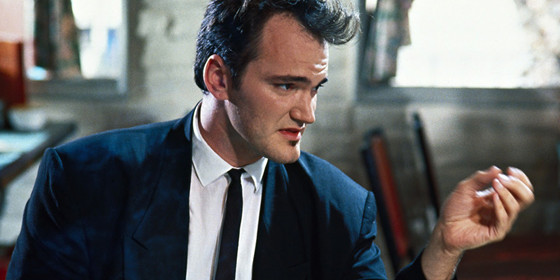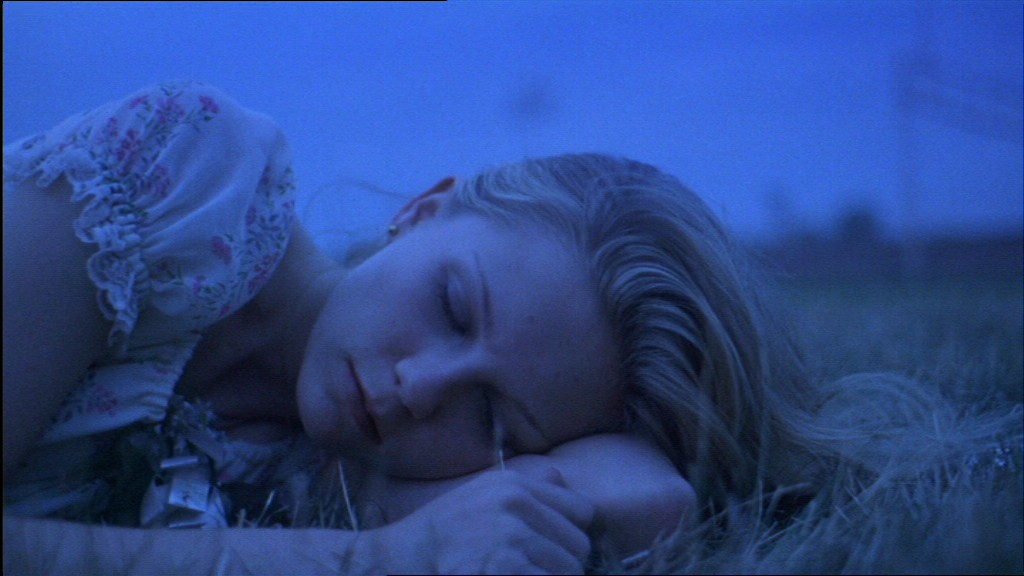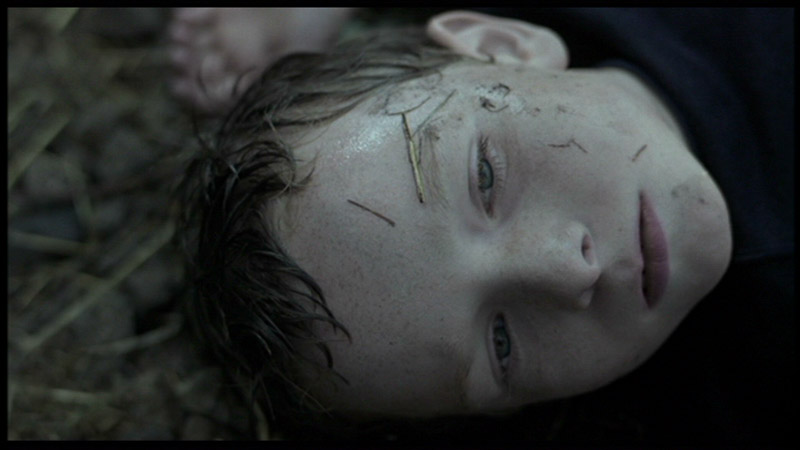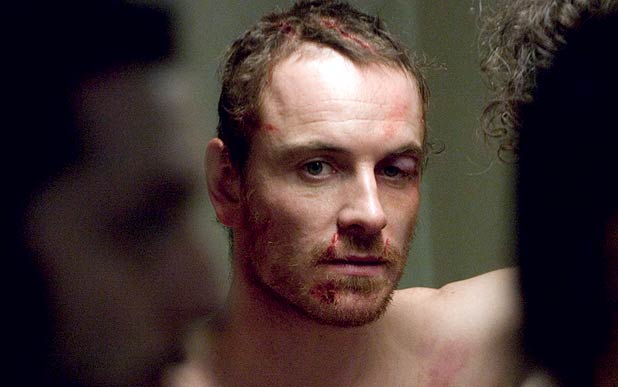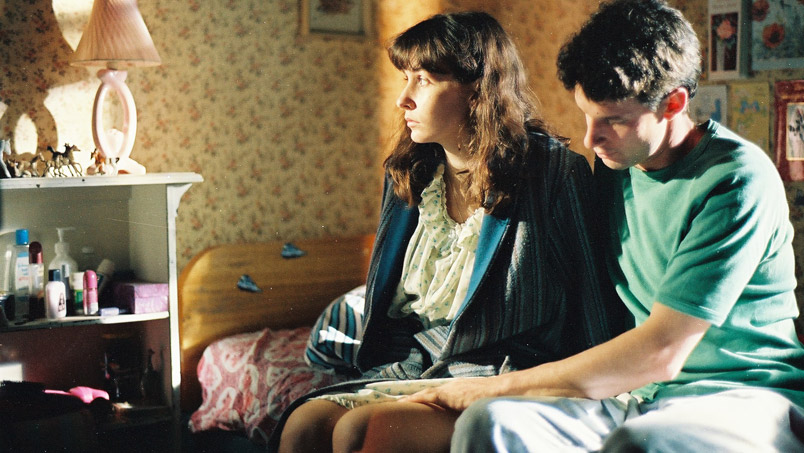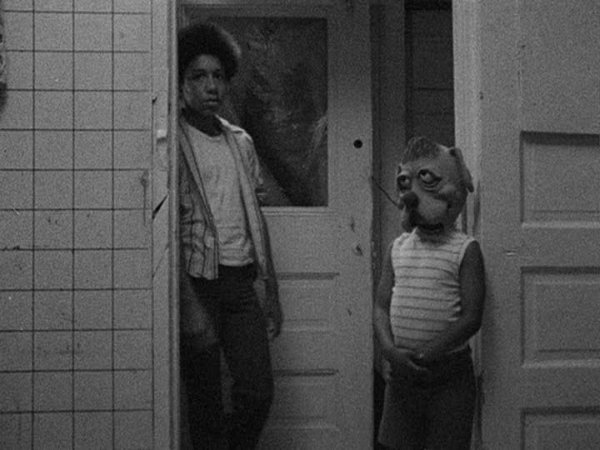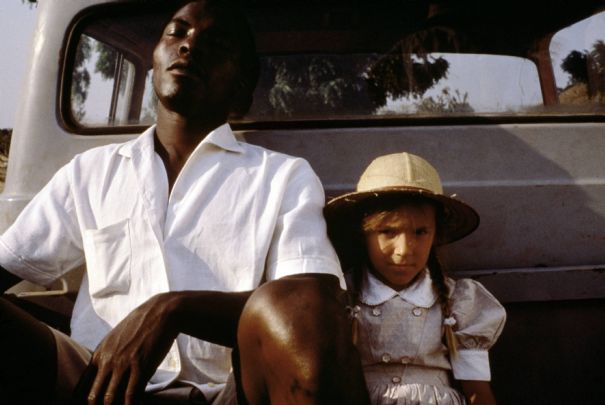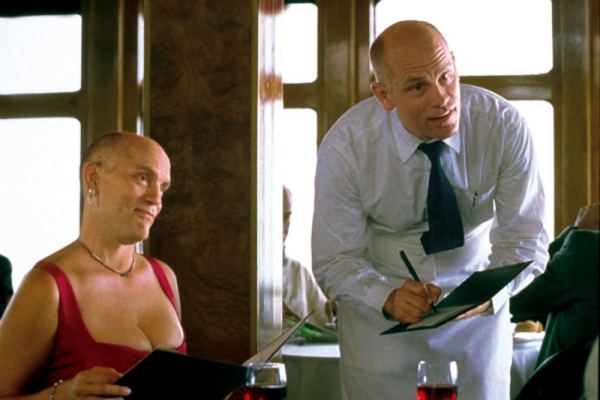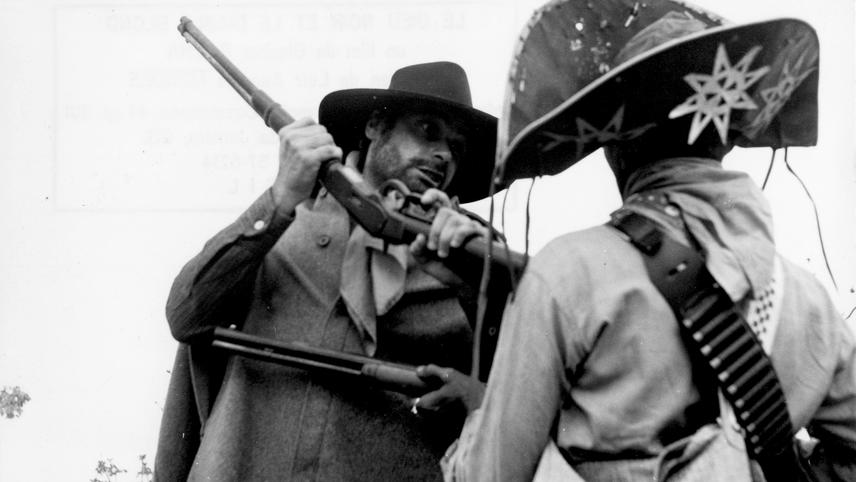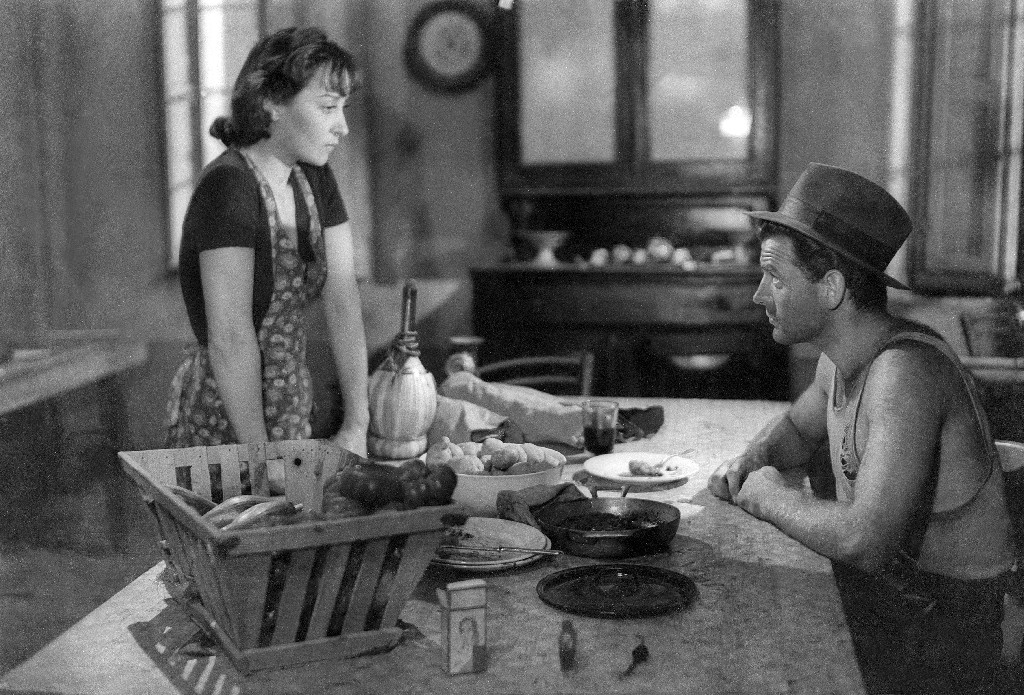A debut feature can add a lot of pressure to up-and-coming directors, who not only have to navigate the treacherous waters of the entertainment industry, but must also capture an audience’s attention (although some directors are more interested in creating displeasure rather than pleasure).
A successful debut feature can open doors for new directors, helping them to begin illustrious careers and/or create a legacy that will last long after they have died. The following list compiles 30 of the best debut features from well-known directors.
30. The Virgin Suicides (Dir. Sofia Coppola, 1999)
Based on the book of the same name by Jeffrey Eugenides, Coppola’s debut feature follows the lives of five sisters after one of them has attempted suicide. As their parents become more controlling, the sisters react in a variety of ways (including having casual sex on the roof). Their erratic behavior culminates when – SPOILER ALERT – all five of the sisters take their lives. Their deaths reveal the effects they had on the townspeople and illuminate the legacy they will leave behind.
Coppola created numerous trademarks with The Virgin Suicides, including the use erratic characters, intriguing soundtracks, and gorgeous visuals. Her fame would rise with her sophomore feature, Lost in Translation (2003), but it would slowly decline as her films would focus more on style over substance.
29. Ratcatcher (Dir. Lynne Ramsay, 1999)
A child named James (William Eadie) watches his friend drown in a canal. James does the best he can to deal with the guilt of his inaction, but his growing disillusionment takes its toll.
Though she would gain a notorious reputation as a difficult director (often times walking away from projects), Lynne Ramsay’s debut feature reveals her ability to construct raw and honest portraits of her characters, no matter what their socioeconomic background. Ramsay’s Ratcatcher is a wonderful, yet bleak, portrait of rural life told by a masterful storyteller.
28. Hunger (Dir. Steve McQueen, 2008)
Chronicling the IRA prison hunger strike – lead by Bobby Sands (Michael Fassbender) – Hunger examines political injustices and prison atrocities through a hyper-stylized lens.
This raw style would parlay into a career that examined stories of sex addiction and American slavery, and though McQueen would win numerous accolades for his future endeavors, many critics and fans still regard Hunger as his masterpiece.
27. Sweetie (Dir. Jane Campion, 1989)
Kay (Karen Colston) juggles the demands of various relationships, including the one she has with her sister, Sweetie (Geneviève Lemon). Kay and her family do the best they can to deal with Sweetie’s erratic and childlike behavior, but Sweetie soon becomes too difficult to bear.
Sweetie not only helped put the international spotlight on Australian cinema, but it also helped elevate the brilliant career of one of the greatest contemporary directors. Campion would take elements from Sweetie, such as examining central conflicts through a feminine perspective, and apply them to her future endeavors. With films like Sweetie, An Angel at My Table (1990), and The Piano (1993), Campion created a new (and necessary) voice in international cinema.
26. Killer of Sheep (Dir. Charles Burnett, 1977)
Killer of Sheep follows Stan (Henry G. Sanders), a slaughterhouse worker whose life in Watts is chronicled by episodic interactions with various characters. The film’s realist approach, coupled with the austere performances of the actors, helped garner Burnett acclaim.
Yet due to music licensing issues, the film would be shelved for many years. Burnett continued his filmmaking career and fortunately, Killer of Sheep was able to expand its audience when it overcame its legal issues.
25. Chocolat (Dir. Claire Denis, 1988)
France Dalens (Mireille Perrier) returns to Cameroon to reflect on her childhood as the daughter of a colonial administrator. Through an elaborate flashback, France remembers her mother’s (Giulia Boschi) frustrations/sadistic behavior with their African servant, Protée (Isach de Bankolé).
Initially conceived as an autobiographical account of her own childhood, Claire Denis began altering her story to make it less personal and more allegorical/metaphorical. Though it is one of Denis’ most accessible films (avoiding the heavy abstraction/fragmentation that would define her later efforts), it shares similar themes with her other films by examining racial/ethnic issues rooted in France’s elaborate colonial history.
24. Being John Malkovich (Dir. Spike Jonze, 1999)
An ambitious production (especially for a debut feature), Spike Jonze’s Being John Malkovich takes the titular actor and turns him into a narrative conduite for aliens, sexually repressed women, and a lonely puppeteer.
Using Charlie Kaufman’s script and Jonze’s unique vision (which he developed while making music videos, amongst other projects), Being John Malkovich blends surreal images and absurdist humor against a New Jersey backdrop.
23. Deus e o Diabo na Terra do Sol (Dir. Glauber Rocha, 1964)
A cowherd named Manuel (Geraldo del Rey) and his wife, Rosa (Yona Magalhaes), work on the sertão where they frequently endure droughts and ruthless bosses. When Manuel kills one of his bosses for cheating him out of his earnings, the couple goes on an interesting journey that results in the chance encounters of “saints” and “devils.”
Deus e o Diabo na Terra do Sol (Black God, White Devil) highlighted the potential of Brazilian cinema by using various influences (Eisenstein, Godard, Rossellini, etc) to create a unique and complex work. The film examined elements of human nature, politics, and religious devotion, which would frequently carry through to Rocha’s later films.
22. Ossessione (Dir. Luchino Visconti, 1943)
A loose adaptation of The Postman Always Rings Twice, Luchino Visconti’s Ossessione (Obsession) examines the murderous aftermath of the adulterous relationship between Gino (Massimo Girotti) and the married Giovanna (Clara Calamai). Combining neorealism with melodrama, Visconti created raw sexuality and palpable desperation that played powerfully on the screen.
Unfortunately, due to censorship problems and licensing issues over Postman, Ossessione had a rough time finding an audience. After many years of obscurity, Ossessione would be reissued and given the notoriety it so rightfully deserved.
21. Strike (Dir. Sergei Eisenstein, 1925)
With Strike, Eisenstein turns a factory strike into metaphorical concept in order to elucidate his own cinematic theories. For instance, in one well-known scene, Eisenstein compares the plight of the workers to that of a cow being slaughtered.
Like almost all of Eisenstein’s work, Strike is a high-concept film that explores the potential of the cinematic medium, and though Eisenstein would later be censored for some of his more extreme depictions of cultural figures, he left behind a wealth of work that is studied endlessly by cinephiles.
